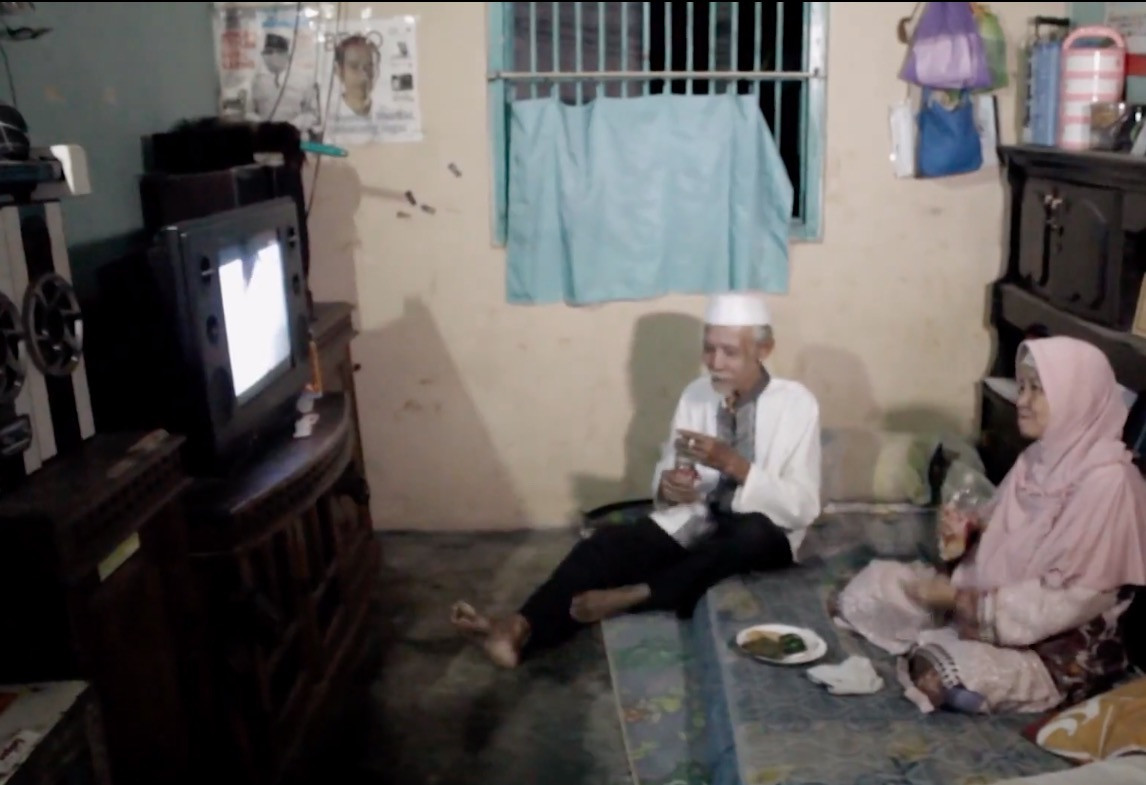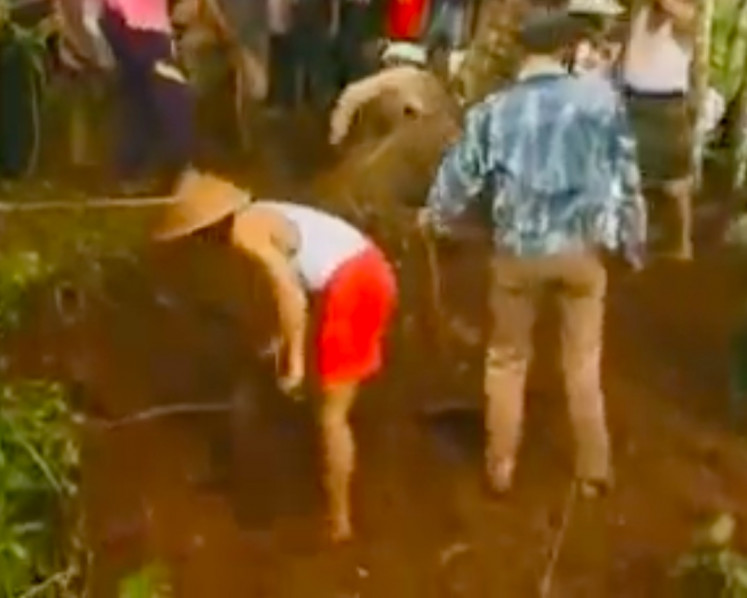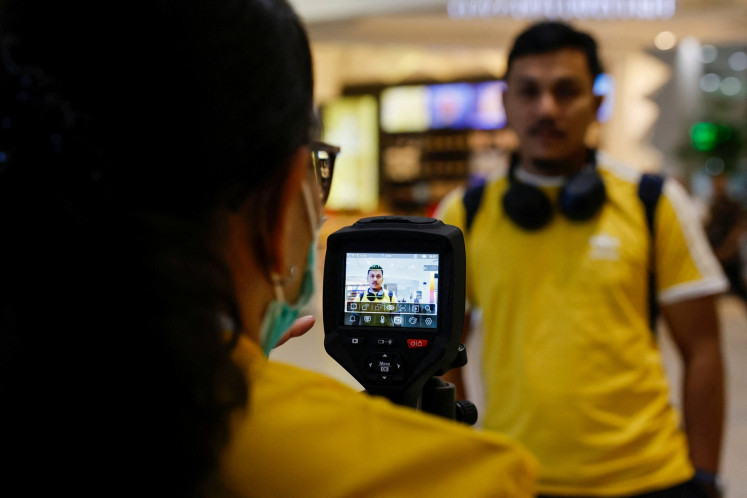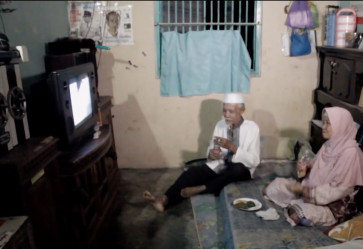Popular Reads
Top Results
Can't find what you're looking for?
View all search resultsPopular Reads
Top Results
Can't find what you're looking for?
View all search resultsAlternative view: Four Indonesian films take another angle on 1965 communist panic
Change text size
Gift Premium Articles
to Anyone
After the collapse of the New Order, Indonesian filmmakers began producing films with a more objective view of the 1965 massacre.
Essentially a pseudo-docudrama created for propaganda purposes, Arifin C. Noer’s Pengkhianatan G30S/PKI was created by the New Order to push its version of events that happened between 1965 and 1966.
After Soeharto's authoritarian regime collapsed, Indonesian filmmakers began producing films with a more objective view of the 1965 massacre. One that courted much controversy in recent times was 2012’s Jagal: The Act of Killing, directed by American filmmaker Joshua Oppenheimer. The film followed Anwar Congo, a former leader of a North Sumatran death squad that killed thousands of people suspected of being members of the Indonesian Communist Party (PKI) in Medan in the mid-1960s.
Mass Grave, Digging Up the Cruelties (Indonesia's Forgotten Barbarism)
Dir. Lexy Junior Rambadeta, 2001. 30 minutes.
On April 18, 2016, Lexy Junior Rambadeta, a filmmaker and freelance journalist, pushed his way through the crowd at a symposium to commemorate victims of the 1965 tragedy, to speak with Luhut Binsar Pandjaitan, Indonesia’s coordinating maritime affairs and investment minister. Lexy wanted to show Luhut footage of a mass grave that was used for victims of the 1965 massacre, in Wonosobo. From inside his car, Luhut, responding to Lexy's question, asked the filmmaker:




















